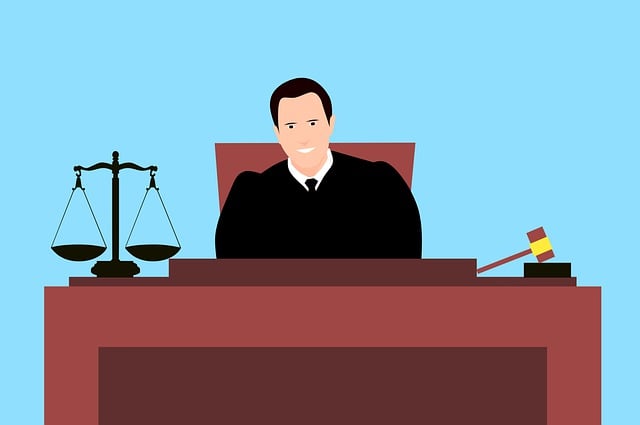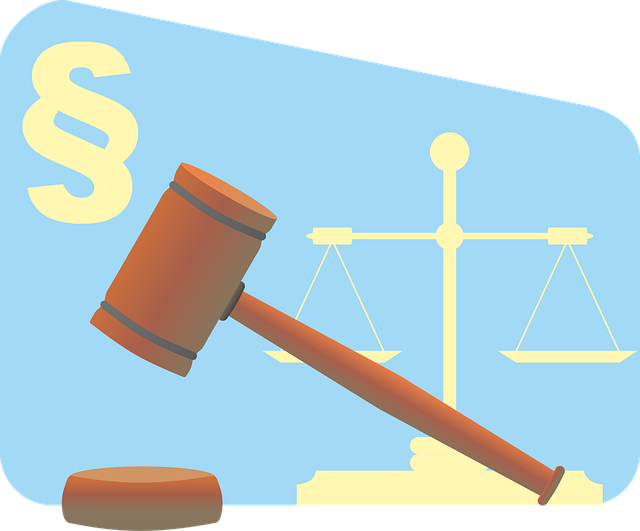The Impact of Administrative Law on Businesses, especially in RF-intensive sectors, is dominated by Regulatory Agencies with authority to enforce safety and efficiency standards for RF technologies. Their investigations, sparked by non-compliance or public complaints, can lead to significant legal repercussions including fines, penalties, and reputational damage. Navigating these inquiries requires understanding administrative law dynamics, balancing cooperation and rights protection, and employing proactive compliance measures like training, audits, and technology leveraging to mitigate risks and strengthen defenses against regulatory actions.
RF Regulatory Agency investigations can significantly impact businesses, particularly in the digital age. This article explores the authority and common triggers behind these inquiries, delving into their legal and financial implications for companies. We guide you through the investigation process, offering strategies to mitigate risks and enhance compliance under the watchful eye of administrative law. Understanding these dynamics is crucial for businesses aiming to navigate regulatory hurdles effectively.
- Understanding RF Regulatory Agency Authority
- Common Triggers for Agency Investigations
- Impact on Businesses: Legal and Financial Implications
- Navigating the Investigation Process
- Strategies to Mitigate Risks and Enhance Compliance
Understanding RF Regulatory Agency Authority

RF Regulatory Agencies possess a significant authority derived from administrative law, which plays a crucial role in shaping business operations, especially in highly regulated industries. These agencies are tasked with enforcing rules and regulations related to radio frequency (RF) technologies, ensuring they comply with safety, security, and efficiency standards. Their impact on businesses is profound, as non-compliance can result in severe penalties, including fines and legal actions. The power to investigate and penalize encourages companies to adhere strictly to the set guidelines.
The authority of these agencies is further enhanced by their unprecedented track record in addressing RF-related issues across the country. They employ specialized teams to monitor and assess various sectors, from telecommunications to manufacturing. This comprehensive oversight ensures that white-collar and economic crimes related to RF technologies are identified and mitigated, fostering a more secure and regulated business environment.
Common Triggers for Agency Investigations

When it comes to RF (Radio Frequency) Regulatory Agency investigations, several factors often prompt these official inquiries. One common trigger is non-compliance with existing regulations, where businesses might inadvertently or intentionally violate rules governing radio frequency emissions, spectrum usage, or product safety standards. These violations can range from minor infractions to significant breaches, leading to the attention of regulatory bodies.
Another catalyst for agency investigations is public complaints and reports of interference or harmful effects caused by RF devices. With the widespread use of wireless technology across the country, concerns about potential health risks associated with exposure to certain frequencies have gained traction. As a result, regulatory agencies often initiate high-stakes cases to investigate these claims, ensuring consumer safety and addressing the impact of administrative law on businesses. In some instances, complex issues may arise in jury trials, further emphasizing the need for thorough investigations into RF technologies and their implications.
Impact on Businesses: Legal and Financial Implications

The impact of Administrative Law on businesses, particularly during RF Regulatory Agency investigations, cannot be overstated. When regulatory bodies initiate probes, they often wield significant legal power to enforce rules and regulations. This can lead to substantial financial implications for businesses caught in their crosshairs. Fines, penalties, and compensation for any proven violations can cripple even the most robust corporations, threatening their survival and market standing. Moreover, the process itself is lengthy and costly, diverting resources from core business operations.
The ripple effects extend beyond the immediate financial domain. Reputational damage is a potent consequence, especially in highly regulated industries where public trust is paramount. Negative outcomes can affect future deals, partnerships, and access to capital, creating a chain reaction that impacts not just the targeted business but also related entities within the industry and across the country. This underscores the importance of proactive compliance measures and robust legal representation during such high-stakes investigations.
Navigating the Investigation Process

Navigating the Investigation Process involves understanding the intricate steps designed to ensure fairness and due process. When an RF Regulatory Agency initiates an investigation, businesses must be prepared to cooperate fully while safeguarding their legal rights. The initial phase includes information gathering and document requests, where agencies may seek data related to device performance, network operations, and compliance with existing regulations. This stage is crucial in shaping the agency’s understanding of the case and can significantly impact the outcome.
Throughout the process, businesses have the right to engage in general criminal defense strategies, ensuring their actions align with legal frameworks. Additionally, philanthropic and political communities may play a role by influencing regulatory decisions or providing support during investigations, especially in cases involving white-collar offenses. Understanding these dynamics is essential for effective navigation, as it allows businesses to protect their interests while maintaining compliance with the ever-evolving landscape of administrative law.
Strategies to Mitigate Risks and Enhance Compliance

In today’s highly regulated environment, businesses must proactively adopt strategies to mitigate risks and enhance compliance with RF (Radio Frequency) regulations. The impact of administrative law on businesses cannot be overstated; regulatory agencies have the power to impose significant fines and penalties for non-compliance. Therefore, companies should invest in comprehensive training programs for their employees to ensure they understand the latest RF standards and best practices. Regular audits and internal reviews can help identify potential gaps or violations before they escalate into major issues.
Moreover, leveraging technology to automate compliance processes can significantly reduce errors and increase efficiency. By implementing robust tracking and monitoring systems, businesses can maintain a strong record of adherence to RF regulations. This unprecedented track record not only boosts their reputation but also serves as a powerful defense against potential investigations or accusations of white-collar and economic crimes. It’s worth noting that, with a strategic approach, companies can achieve outstanding results, including winning challenging defense verdicts in the face of regulatory scrutiny.
The RF Regulatory Agency’s investigations hold significant weight in shaping industries’ compliance landscapes, with implications that extend beyond legal confines. Understanding these processes is pivotal for businesses, as the impact of administrative law plays a crucial role in their operations and financial stability. By recognizing common triggers, navigating investigation procedures, and adopting proactive risk mitigation strategies, companies can not only survive but also thrive in a highly regulated environment. This ensures they remain competitive while adhering to evolving RF standards.






